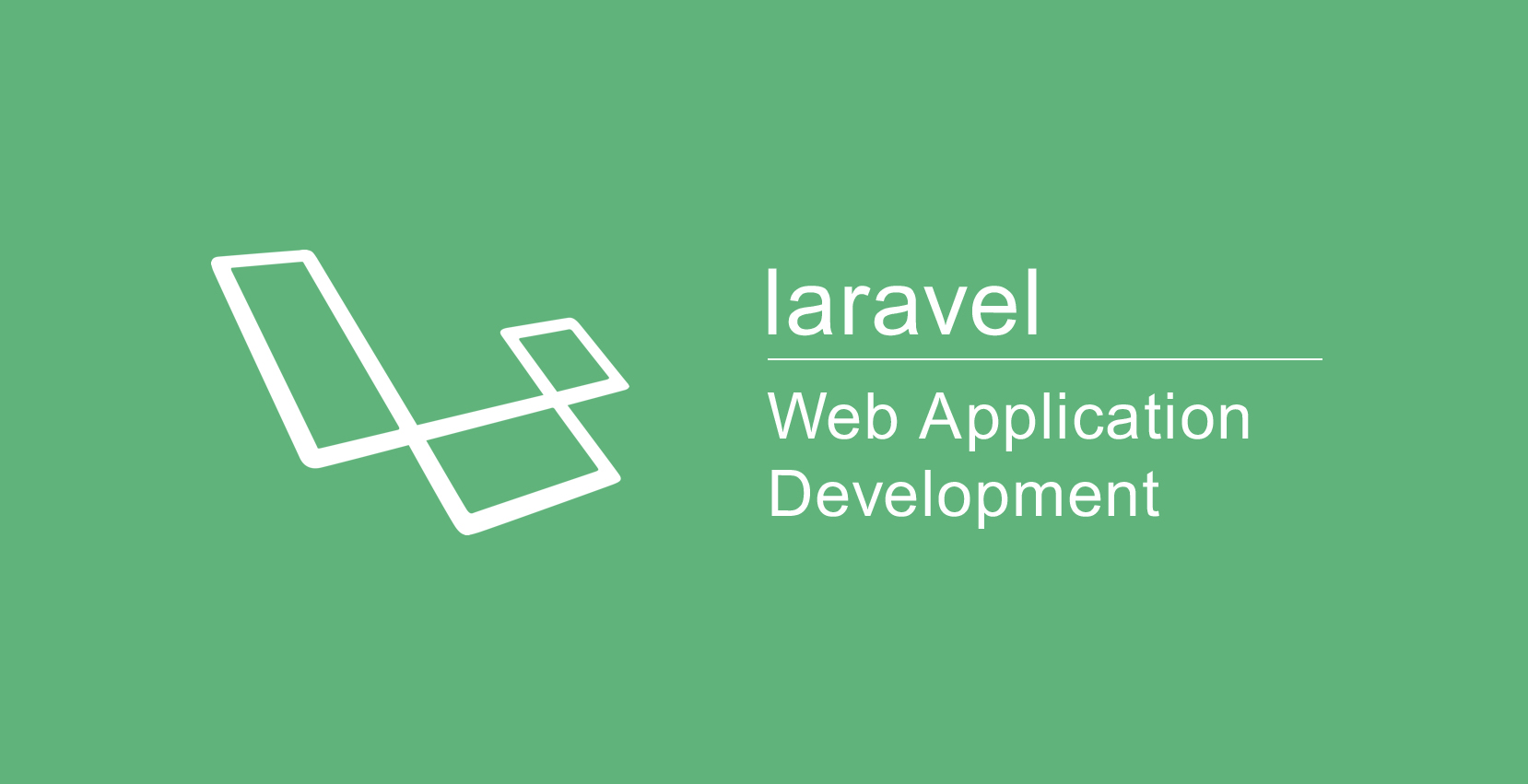
Laravel, A Web Application Framework
Laravel is a web application framework with expressive, elegant syntax. We believe development must be an enjoyable, creative experience to be truly fulfilling. Laravel attempts to take the pain out of development by easing common tasks used in the majority of web projects, such as authentication, routing, sessions, and caching.
Laravel aims to make the development process a pleasing one for the developer without sacrificing application functionality. Happy developers make the best code. To this end, we’ve attempted to combine the very best of what we have seen in other web frameworks, including frameworks implemented in other languages, such as Ruby on Rails, ASP.NET MVC, and Sinatra.
Laravel is accessible, yet powerful, providing powerful tools needed for large, robust applications. A superb inversion of control container, expressive migration system, and tightly integrated unit testing support give you the tools you need to build any application with which you are tasked.
Laravel Features:
Bundles provide a modular packaging system to Laravel 3.x, with numerous bundled features already available for easy addition to applications. Laravel 4.x uses Composer as a dependency manager to add framework-agnostic and Laravel-specific PHP packages available from the Packagist repository.
Eloquent ORM (object-relational mapping) is an advanced PHP implementation of the active record pattern, providing internal methods for enforcing constraints to the relationships between database objects. Laravel’s query builder, Fluent, is natively supported by Eloquent.
Application logic is part of developed applications, either by using controllers, or as part of route declarations. Syntax used for definitions is similar to the one used by Sinatra framework.
Reverse routing defines a relationship between links and routes, making it possible for later changes to routes to be automatically propagated into relevant links. When links are created by using names of existing routes, appropriate uniform resource identifiers (URIs) are automatically created by Laravel.
Restful controllers provide an optional way for separating the logic behind serving HTTP GET and POST requests.
Class auto loading provides automated loading of PHP classes, without the need for manual maintenance of inclusion paths. On-demand loading prevents loading of unnecessary components; only the components which are actually used are loaded.
View composers are logical code units that can be executed when a view is loaded.
IoC container makes it possible for new objects to be generated by following the inversion of control principle, with optional instantiating and referencing of new objects as singletons.
Migrations provide a version control system for database schemas, making it possible to associate changes in the application’s code base and required changes in the database layout, easing deployment and updating of applications.
Unit testing plays an important role in Laravel, which itself contains numerous unit tests that detect and prevent regressions in the framework. Unit tests can be run through the artisan command-line utility.
Automatic pagination simplifies the task of implementing pagination, replacing the usual manual implementation approaches with automated methods integrated into Laravel.

